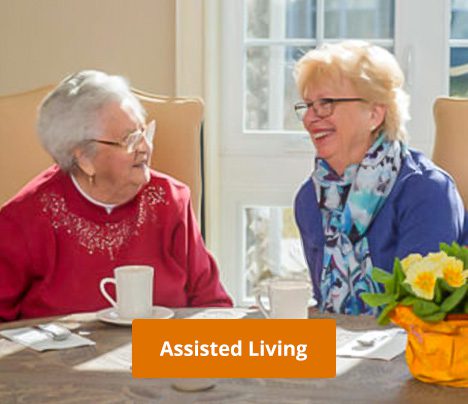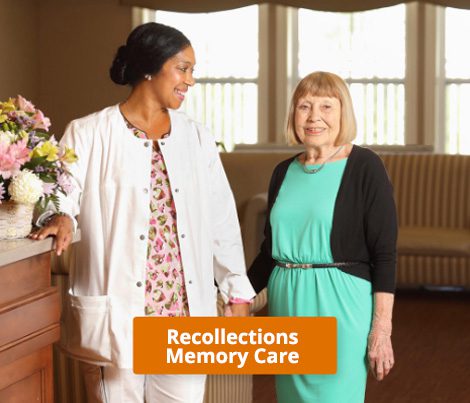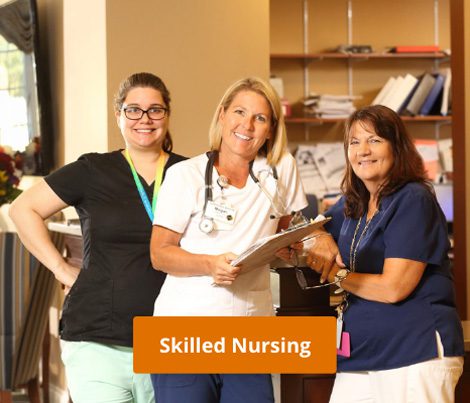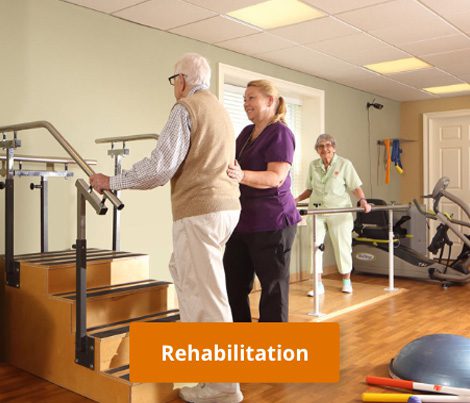How Do You Know When Your Senior Loved One Is No Longer Safe At Home?
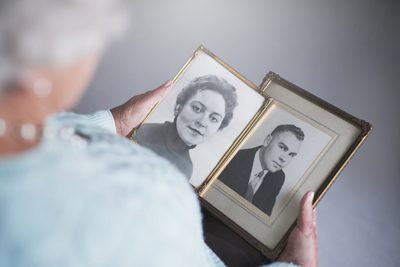
 Are you wondering whether you senior loved one is no longer safe at home? For many families, the answer may be part of a gradual change in a loved one’s health and behavior. Because the changes are gradual, they can be difficult to see. Plus, no one wants to think of someone they love having challenges at home.
Are you wondering whether you senior loved one is no longer safe at home? For many families, the answer may be part of a gradual change in a loved one’s health and behavior. Because the changes are gradual, they can be difficult to see. Plus, no one wants to think of someone they love having challenges at home.
If you’re starting to wonder, it can be helpful to look at your loved one’s home environment, their behavior and appearance, and their physical condition. For those who are caregivers, it is important to evaluate your own health as a caregiver, too.
Home Environment
Observing the home environment can offer information about how well your loved one is able to manage the tasks of caring for their home. Here are some signs that there may be difficulty:
- Spoiled or expired food.
- Home is unclean and/or has an odor.
- Neglect of pets and plants, even with some help.
- Piles of mail and unpaid bills.
- An overall change in the condition of the home; e.g. a once tidy home is now cluttered or dirty.
- Routine repairs, such as cleaning gutters, fixing a broken window, door, or appliance, have not been made or scheduled.
- New damage to their car, if your loved one is still driving.
Behavior and Appearance
Begin to notice your loved one’s behavior and appearance. While there is no one single behavior that means their safety is at risk, a combination of changes in behavior may indicate an underlying issue.
- Staying in the house for days at a time. This may indicate an inability to leave or fear of leaving.
- Tendency to stay in one part of the house.
- Increasing forgetfulness. More than occasionally forgetting a name, there are more incidents of forgetting appointments or whole conversations.
- Increasing number of “close calls” like minor falls, medical scares, or fender benders.
- Decreased socialization. If your loved one has stopped socializing with friends, it may be because of fear of leaving the home, or embarrassment about physical changes.
- Inappropriate clothing choices, wearing the same clothes for many days in a row, or wearing clothes that are dirty or have an odor.
- Increasing anxiety or depression.
Physical Condition
Physical changes tend to happen gradually, which can make them difficult to notice. Be aware of:
- Injuries and illnesses that don’t seem to heal completely, or cause additional problems.
- Worsening of chronic conditions such as arthritis, heart disease, or diabetes.
- Difficulty navigating the home, using stairs, or opening the refrigerator.
- Inability to exit the home safely in an emergency because of stairs, distance to the door, or other impediments.
- Unexplained bruises due to falls they haven’t told you about or may not remember.
Caregiver Health
If you or another family member is the primary caregiver for your loved one, consider the caregiver’s health as well. It can be helpful to ask the following questions.
- Are you doing considerably more for your loved one than you were six months or a year ago?
- Is the caregiver arrangement manageable for the long term, especially when needs increase?
- Are you able to get enough sleep, do your own work, and tend to your other social and familial obligations?
- Are you experiencing stress-related changes in your health, such as frequent viruses, increasing aches and pains, headaches, or a change in weight?
Getting the Help You Need
For caregivers, seek out caregiver support programs and short-term respite programs for your loved one. When caregiving at home is no longer an option, it’s time to learn about senior living options. We are here to help. Begin with our “Getting Started” guide, or call us at 888-696-2052 to speak with a senior living expert.
If you are concerned about changes in your loved one’s health, be sure to ask their doctor for input about whether your loved one is safe at home. They may also recommend an assessment by a social worker or geriatric care manager.
The all new Sunnyside Manor, located in Wall NJ, is the area’s premier senior living community. It features three distinctive neighborhoods: Independence ‘Plus’ Assisted Living, Recollections Memory Care and Skilled Nursing.

